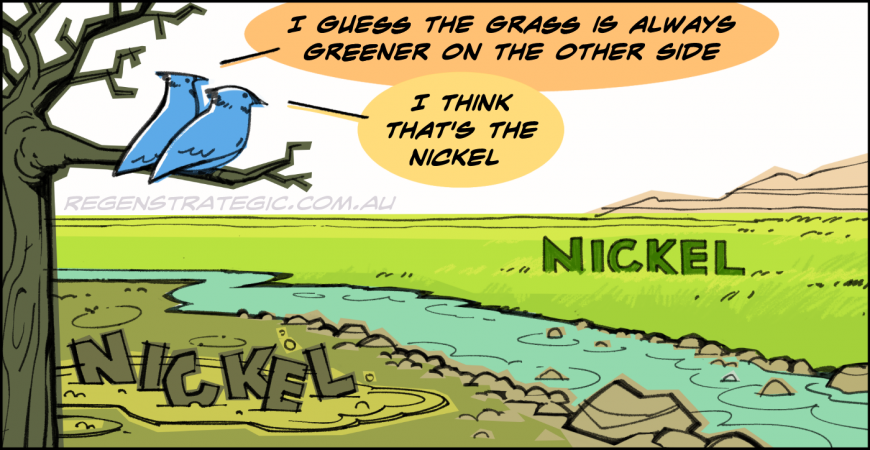When we’re considering how best to secure Western Australia’s critical minerals industry, we shouldn’t abandon our pursuit of high environmental, social and governance standards.
Consider Indonesia, the world’s largest producer of nickel. In 2020, the Government of Indonesia passed laws aimed at stimulating investment, which Human Rights Watch described as weakening environmental laws, as well as legal protections for Indigenous groups and workers. In January, a Climate Rights International report described the situation evolving at Indonesia Weda Bay Industrial Park, where nickel smelting operations will be powered by up to 12 coal fired power stations, with thousands of hectares of cleared rainforest and accusations of land grabs from Indigenous people.
The European Union will soon require the carbon footprint of electrical vehicle batteries to be publicly disclosed, with talk of adding battery minerals to the EU’s carbon border adjustment mechanism (CBAM). Accountability of this type can’t come soon enough, and will hopefully push EV makers towards sustainable suppliers in places like WA.
For our energy security, government needs to foster a positive investment environment that secures the sovereign production of all the minerals critical to the clean energy transition, irrespective of what is happening overseas. But this shouldn’t include abandoning the high ESG standards that may ultimately prove a competitive advantage, and that are required if we’re to secure positive outcomes for people and planet.
This article also appeared in The West Australian newspaper.
 ReGen Strategic
ReGen Strategic